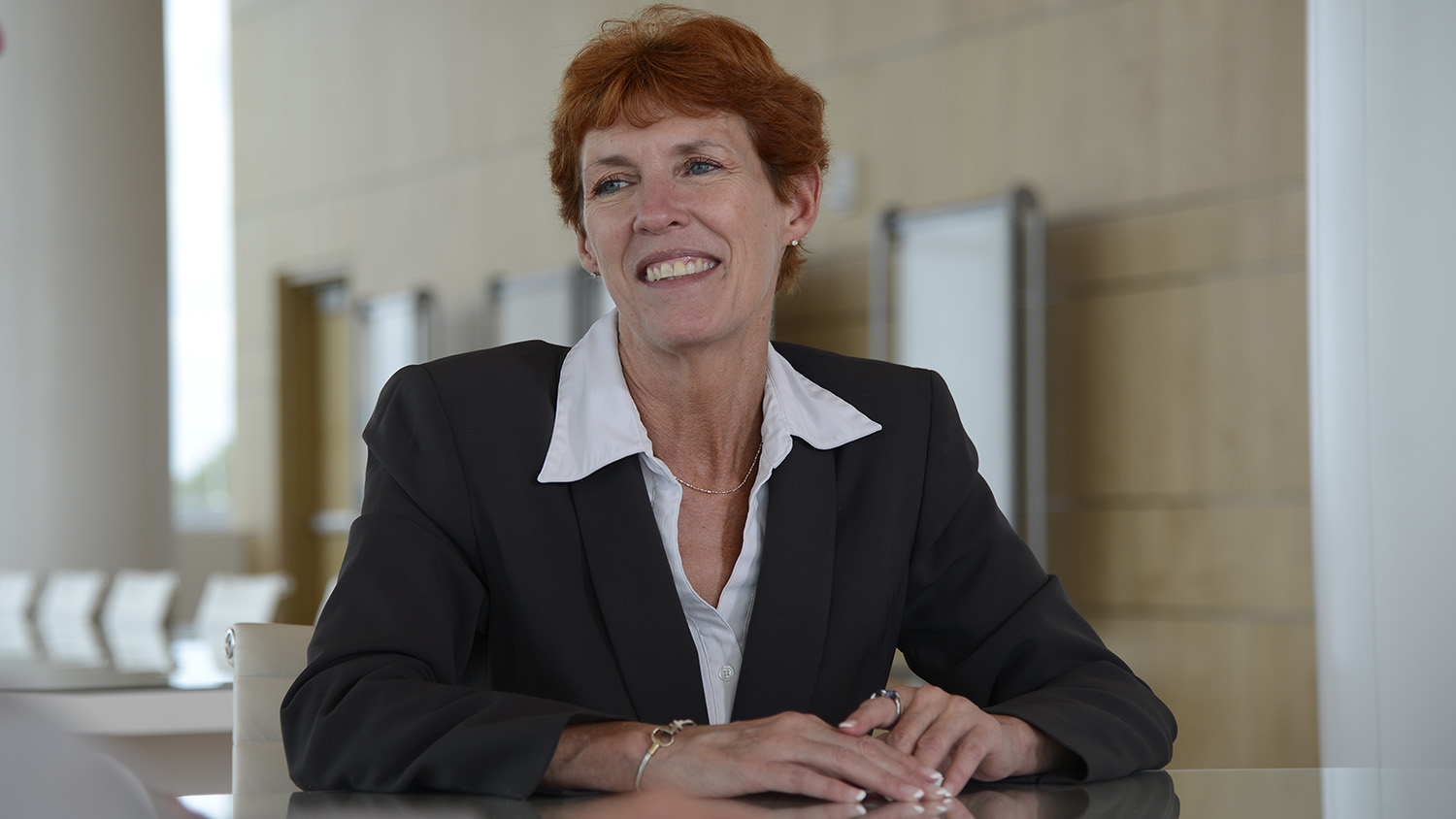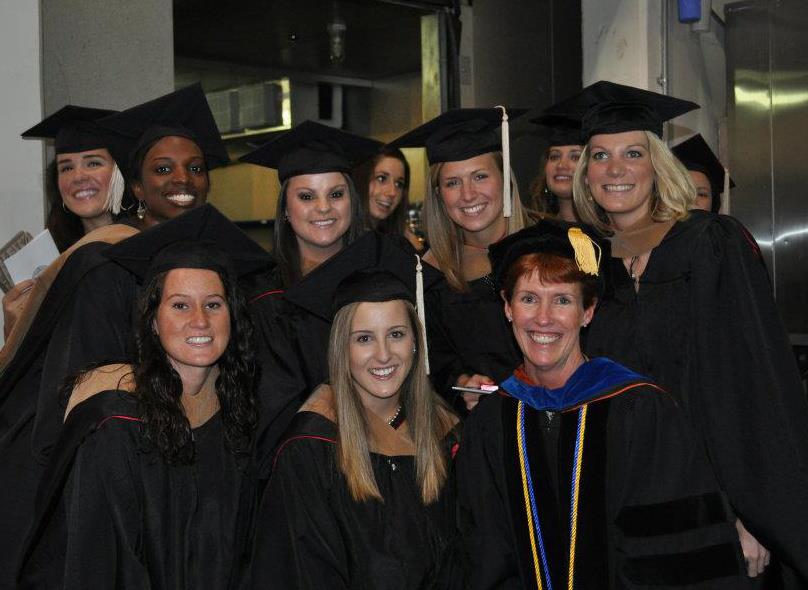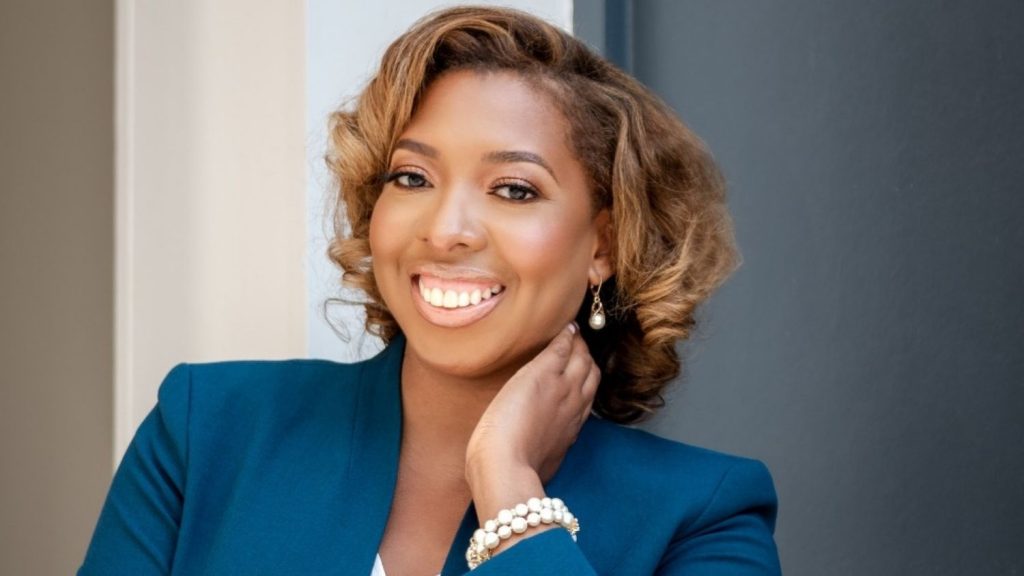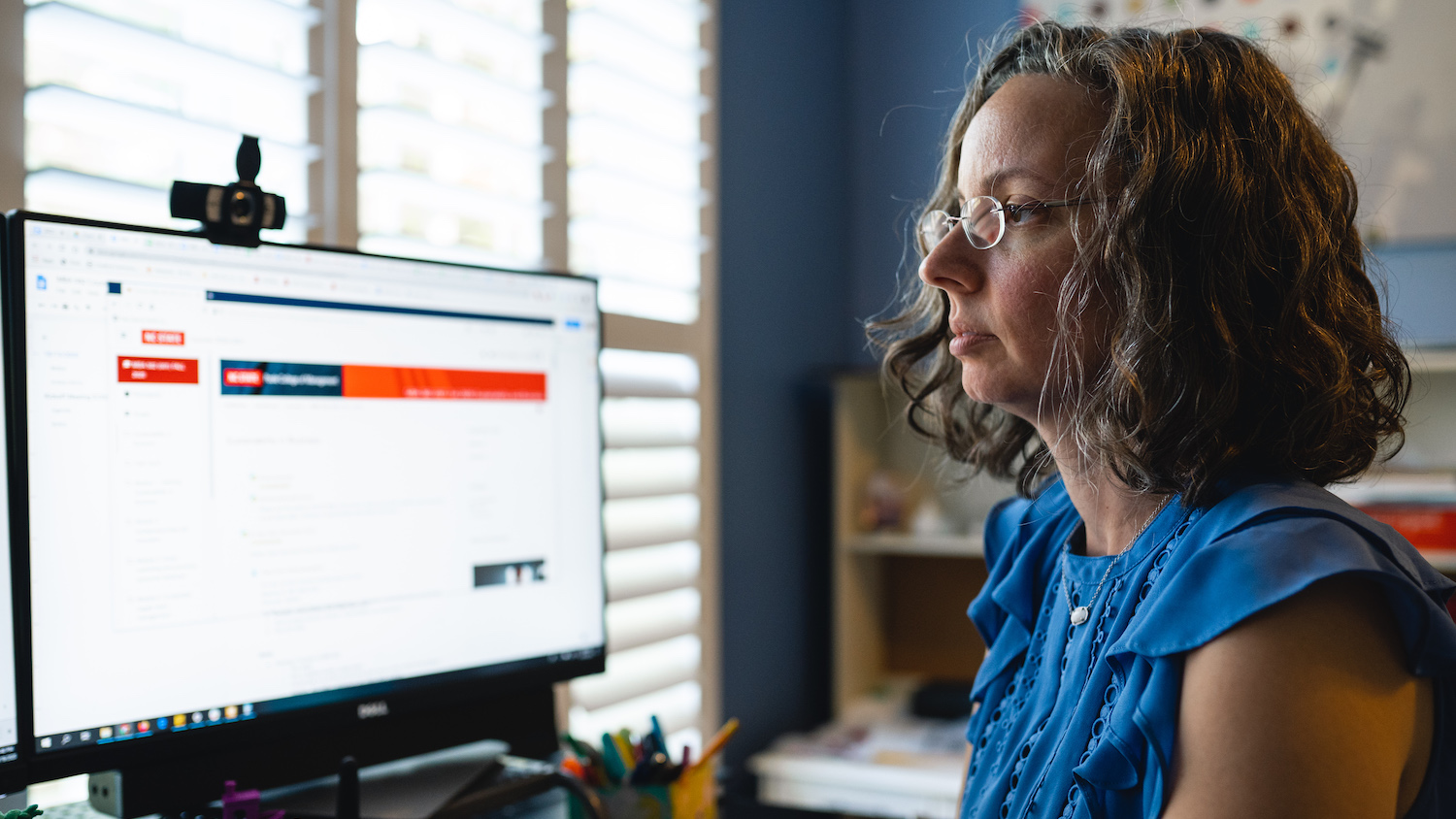
Charting the Course for Women in Accounting
Kathy Krawczyk helps create an even playing field in a male-dominated industry.
By Jess Clarke
When Kathy Krawczyk started with one of the big accounting firms in 1981, more women were entering the field — but the welcome mat wasn’t always out, and turnover was high. After just four years, she was the most experienced woman in her department of 50 people.
Early in her career, a male manager questioned that Krawczyk was in the workplace at all. “Why don’t you go get married and have babies?” he asked. “That was probably not extremely uncommon back then. It was a very male-dominated field,” she says.
As head of the Poole College accounting department since 2020 and former longtime director of Jenkins’ Master of Accounting (MAC) program, she has helped chart the course for women in accounting, at NC State and in the field.
It has definitely become much more of an even playing field, and it’s a field that attracts and keeps women and appreciates a woman’s leadership style.
Now, firms are focused on retaining women, who are more often in leadership roles, and typically over half of NC State MAC students are female. “It has definitely become much more of an even playing field, and it’s a field that attracts and keeps women and appreciates a woman’s leadership style,” says Krawczyk, Dixon Hughes Goodman professor of accounting.
When Krawczyk began her career, public accounting firms had very few female partners. Today, about 20 percent of women at firms nationally are partners. Although that number still is low, it shows progress in a profession that has evolved from a stereotype of accountants as introverted male nerds with poor communication skills, stuck in the back room.
Accountants now are often in boardrooms as essential team members. Women have benefited from both a shift in societal attitudes about women working and changes in accounting, sparked by new technologies. With accounting today more closely connected to some STEM disciplines, the MAC program recently was certified as a STEM program.
Data analysis is key in modern accounting, and accountants have to communicate more with others. People skills and strategic planning are important. “Accountants are the people who focus on what the numbers say and how that affects a business. They need to interpret information,” Krawczyk says.
The MAC program emphasizes critical thinking and analysis. “We’re getting them to think more and figure out what the impacts are. How are you going to tell a company what the numbers mean?” she says. “There’s a lot more opening and ability for women to make a contribution.”
Women — students and faculty — make significant contributions to NC State’s MAC and undergraduate accounting programs.
“In general, the top students in many classes tend to be female,” Krawczyk says. “There are very competitive, intelligent women in the MAC program, and they shine in it.”

That’s partly because most core MAC classes require a lot of teamwork, presentations and writing, which play to the strengths of many women. “It’s a lot of your softer skills, and women do wonderfully in those,” says Krawczyk, who teaches some core classes and helped develop the MAC program.
She joined NC State’s accounting faculty in ’92. As the only female full professor in the accounting department when she became MAC program director in 2004, Krawczyk notes that her 14-year tenure as director “was probably a major accomplishment itself.”
Accomplishments of NC State’s female accounting faculty can inspire female students.
With more women on the accounting faculty, “Students see a strong female presence,” Krawczyk says, and “they see us as being lead faculty, too,” with female instructors on panels and conducting workshops.
“Students see there are successful women in accounting who are very good at what they do. They don’t see barriers indicating that this field is male only…because of who they have as their instructors here,” she says.
Some female students request Krawczyk as a mentor because she’s a woman. Many want her guidance on what kind of position to pursue if they want to have a family.
With a solid business background, accounting students have a broad range of career opportunities, in corporate accounting, as entrepreneurs with their own companies and in other areas.
“Businesses are not cutting women out because women can make wonderful contributions,” Krawczyk says. “Businesses want to make sure women are interested in the field, succeed, and see opportunities.”
NC State’s female accounting graduates include partners in accounting firms and CFOS at big companies. “There have been lots and lots of success stories among women graduates, and they’ve been able to have families, too,” Krawczyk says. “Accounting has been a good fit for them.”
Women in MAC

Jamelia Livingston ’09
When Jamelia Livingston, MAC ’09, first walked through the doors of EY’s Raleigh office for an undergraduate internship, an accounting career was nowhere on her radar. Serendipitously, Livingston interacted with several students and faculty members from the Poole College of Management’s Jenkins MAC community during her internship. As a result of those conversations, she realized that her personal passion for fostering meaningful relationships aligned perfectly with Poole’s longstanding commitment to collaboration.

Alona McCluney ’09
As a graduate student at Poole, Alona McCluney started a multi-year internship program with Ernst & Young LLP (EY) in the firm’s technology risk practice. She continued her studies in accounting as part of the Jenkins MAC. Then, upon graduating with her master’s in accounting with a concentration in information systems, she joined EY full-time in the summer of 2009. Her 11-year career with EY has taken her to Charlotte, N.C., to Sydney, Australia and to Los Angeles – and in 2020, even to center stage at the Golden Globes.

Gina Miani ’17
Gina Miani, who earned bachelor’s and master’s degrees in accounting at the NC State University’s Poole College of Management, always told her friends that perhaps one day she would use her business mindset for good. Three years after graduating, (Jenkins MAC 2017), Miani has found herself — through personal initiative — doing exactly that through Deloitte’s sustainability initiatives.
- Categories:





